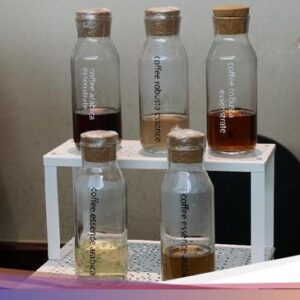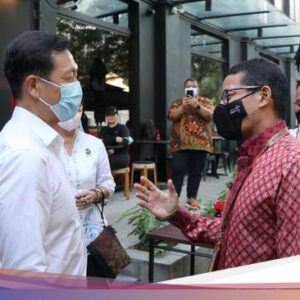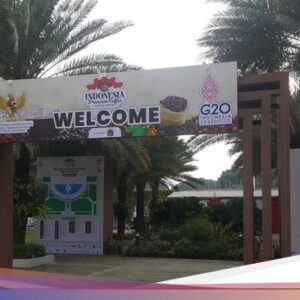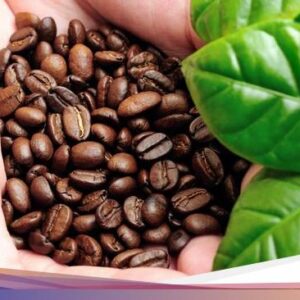Bandung Regency –
Coffee is a commodity that is well known to the world and has promising potential. One type of coffee that is currently continuing to develop is Indonesian Malabar Coffee from Bandung Regency. This coffee is an Arabica type. After penetrating the Asian market, Malabar Coffee is now targeting the European market.
According to Indonesian Malabar Coffee Marketing, Agung Budiyono, the European market cannot yet be penetrated because it is more careful in accepting food commodities such as coffee. In fact, said Budi, Malabar Coffee itself has often participated in coffee exhibitions in Europe.
“For now, if you go to Europe, just ask about the situation, (because) in Europe it’s very specific, more thorough, especially with regard to the stomach. If we go to exhibitions in Europe, that’s done domestically too. Just talking about it recently ( if you want to export to Europe),” he said to detikcom some time ago.
ADVERTISEMENT
SCROLL TO CONTINUE WITH CONTENT
Meanwhile, for Asian markets such as Thailand and South Korea, Budi said that his party had sent Java Preanger coffee several times. Finally, he explained that he had just sent almost 18 tons of Malabar Coffee.
“Every 2 months to 3 months, customers order coffee beans to Asian regions, like South Korea, Thailand. We were the last to (send) 18 tons, 20 bit containers, (yes that) from Malabar Coffee alone,” he said.
Indonesian Malabar coffee is considered productive. The founder of Indonesian Malabar Coffee, Supriatnadinuri or commonly known as H Nuri, explained that the 883 hectares of coffee land managed by his Gapoktan can produce 150 tonnes of coffee a year.
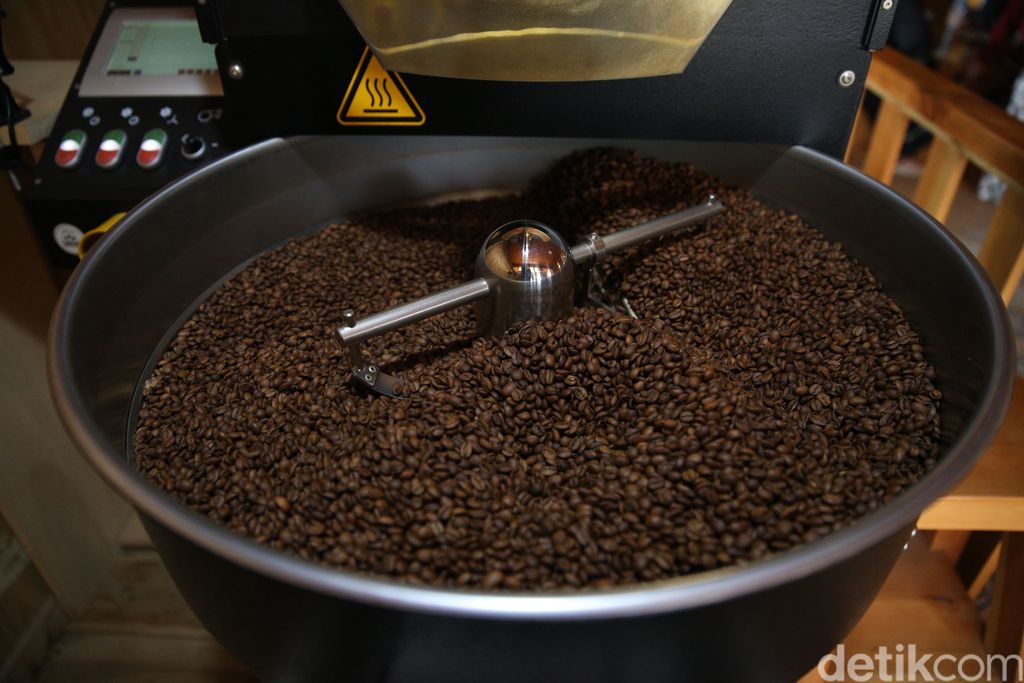 One interesting place to learn about coffee is Indonesian Malabar Coffee in Margamulya Village, Bandung Regency. Visitors can also enjoy agrotourism here. Photo: Agung Pambudhy One interesting place to learn about coffee is Indonesian Malabar Coffee in Margamulya Village, Bandung Regency. Visitors can also enjoy agrotourism here. Photo: Agung Pambudhy |
He explained that Malabar Coffee is a coffee agribusiness that offers coffee processing from upstream to downstream. Kopi Malabar Indonesia also offers coffee education, all mountain, outbound, and offroad fun.
“As a mandate from the head of the farmer group here, we have 211 family members here, 1,000 people depend (on this business). We manage 338 hectares of land, on average per person or per farmer (managing) 1, “5 hectares, that’s on the Perhutani land. There are also owned lands, they’re not in a stretch,” he said.
He further said that Malabar Coffee also received various assistance from BRI Bank. Starting from CSR home stays for participants who are taking part in training at Malabar Coffee and farmer members who receive KUR for sheep farming integrated with coffee plantations.
“Here, in partnership with BRI, we get financing through KUR in the field of sheep farming, also in the field of coffee breeding, starting from investment, financing. Even though at this time we are affected by Corona,” he said.
detikcom together with BRI held a MSME Exploration program to several regions in Indonesia which reviewed various aspects of people’s lives and read about the potential in the regions. To find out more complete information, keep following the news at detik.com/tag/wisataumkmbri.
(prf/hns)

